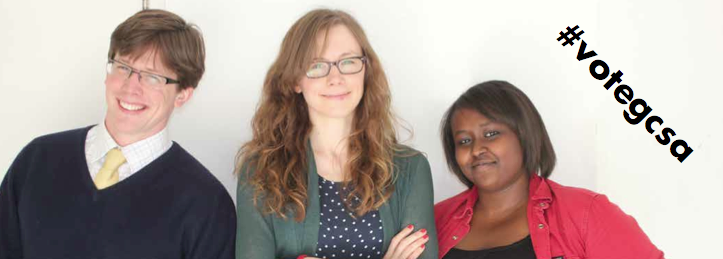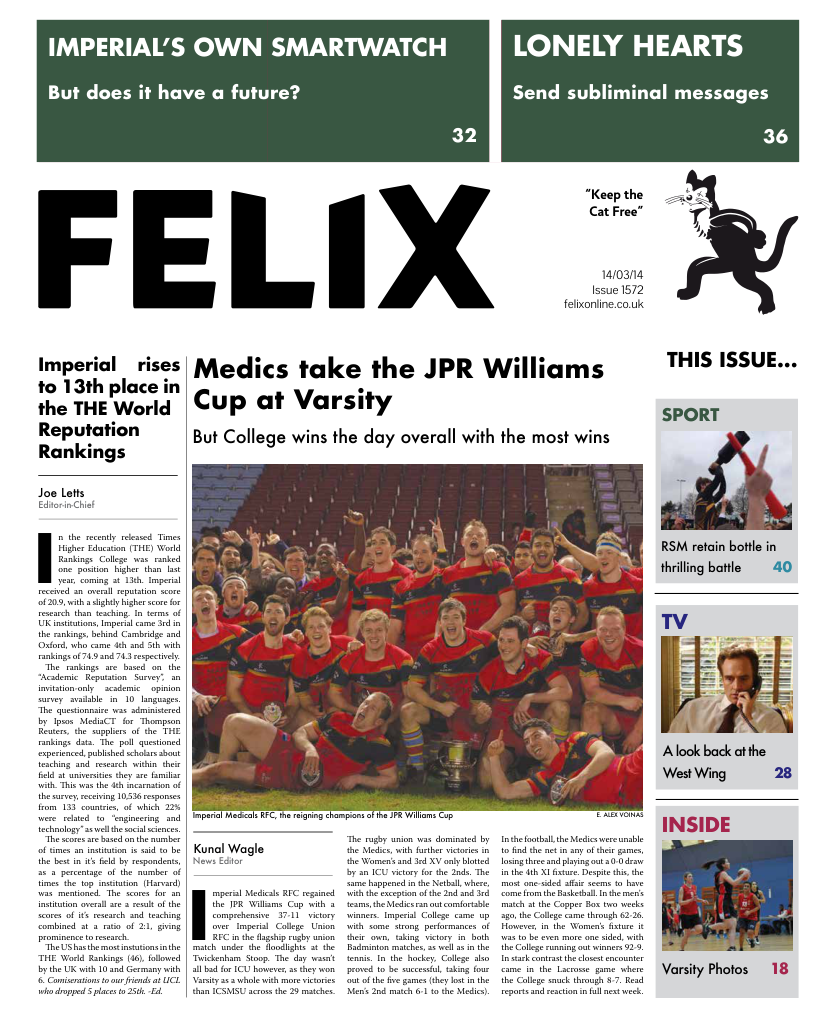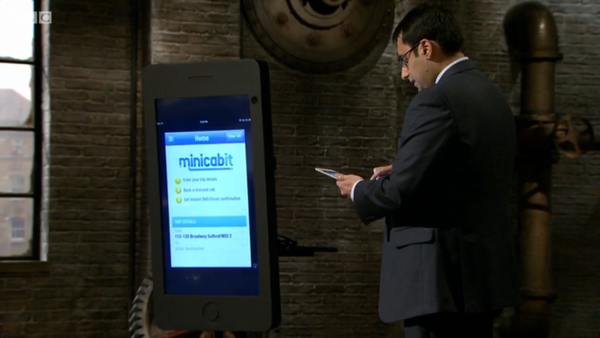Should the Role of Government Chief Scientific Advisor be Democratised?
What would happen if the next UK Government Chief Scientific Adviser (GCSA) was elected through a public vote? That’s exactly what a group of us from the science communication masters are attempting to find out.

What would happen if the next UK Government Chief Scientific Adviser (GCSA) was elected through a public vote? That’s exactly what a group of us from the science communication masters are attempting to find out. The GCSA is the head of the Government Office for Science, and the personal adviser on science and technology-related policies to the Prime Minister and the Cabinet. The GCSA also heads the Chief Scientific Adviser (CSA) network and a CSA sits at the top table of most government departments. It's an important position and the project is trying to answer the crucial question: what kind of person do you think should be leading science?
Within the next two weeks we will hold a fake election for the role of GCSA to explore the relationship between science and politics. The candidates, a scientist, a politician and a social scientist, all have a unique set of skills that they insist makes them the best person for job. While holding an election for a specialised and skilled role may seem odd to some people, it’s not new to British parliamentary democracy. In fact, there are numerous skilled roles we vote on, the biggest being the police and crime commissioners.
For many, science and politics are non-overlapping entities. But who’s at fault here? Should we push for scientists to get more political or should our MPs be more scientifically-literate? When it comes to science policy making, whose expertise matters? And how can citizens get involved? By discussing these questions, the project hopes to identify and tackle the barriers people come across when discussing issues of science in government. You might be bored of elections now as the student union ones have come to end, but we’d love to hear your views on the matter... So, what are you waiting for? Get involved! You can keep up with the campaign of all three candidates on our website (www.votegcsa.com), the Twitter account (@voteGCSA) and through the hashtag (#voteGCSA), then vote for your preferred candidate from 17-21 March.






